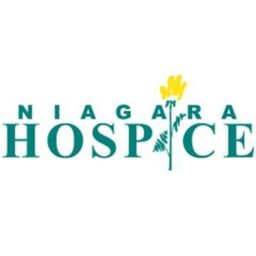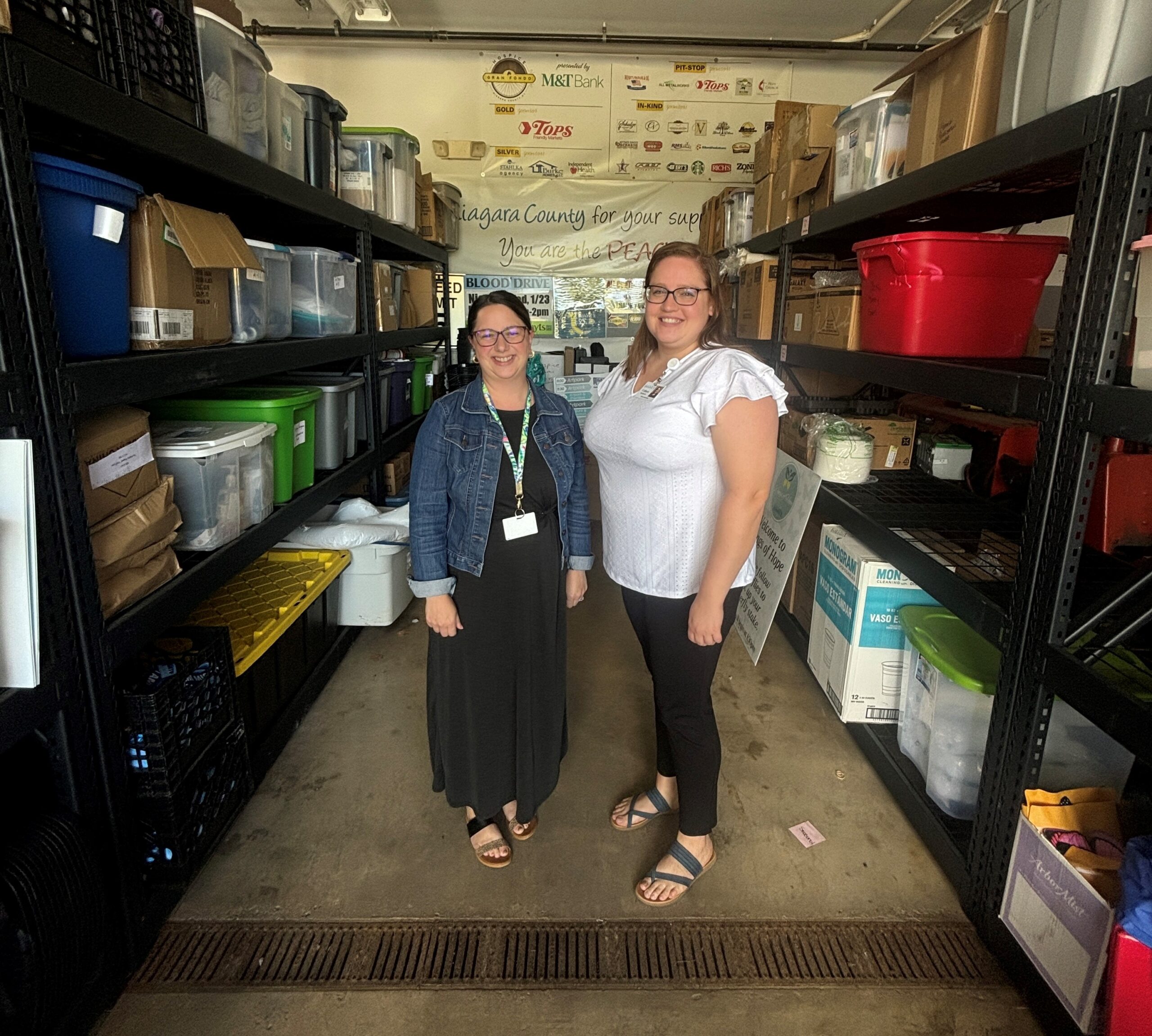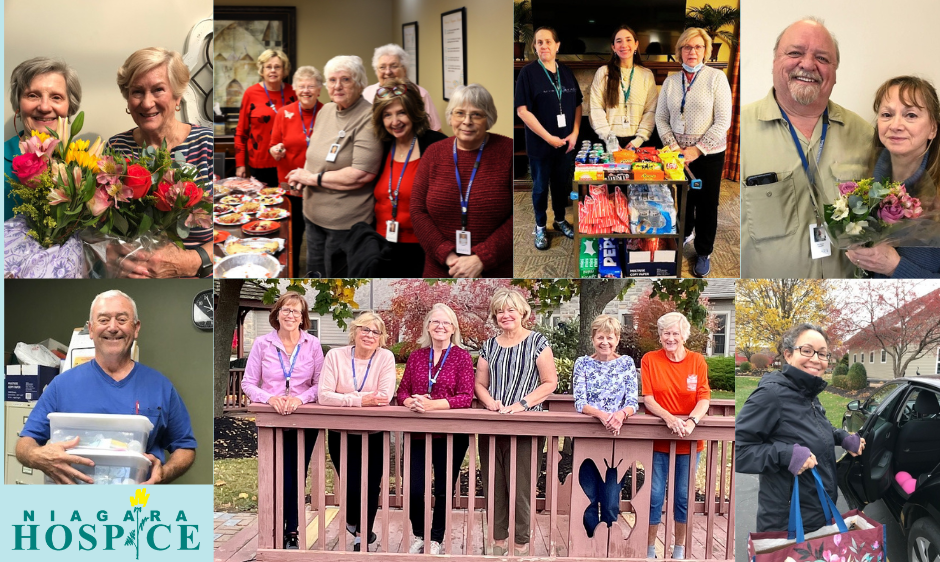Blog
Subscribe to receive news, event & donation information!
Thank you for signing up to learn more about Niagara Hospice. You are consenting to receiving periodic emails from Niagara Hospice about news, events and donation opportunities. You can opt out of these communications at any time.



